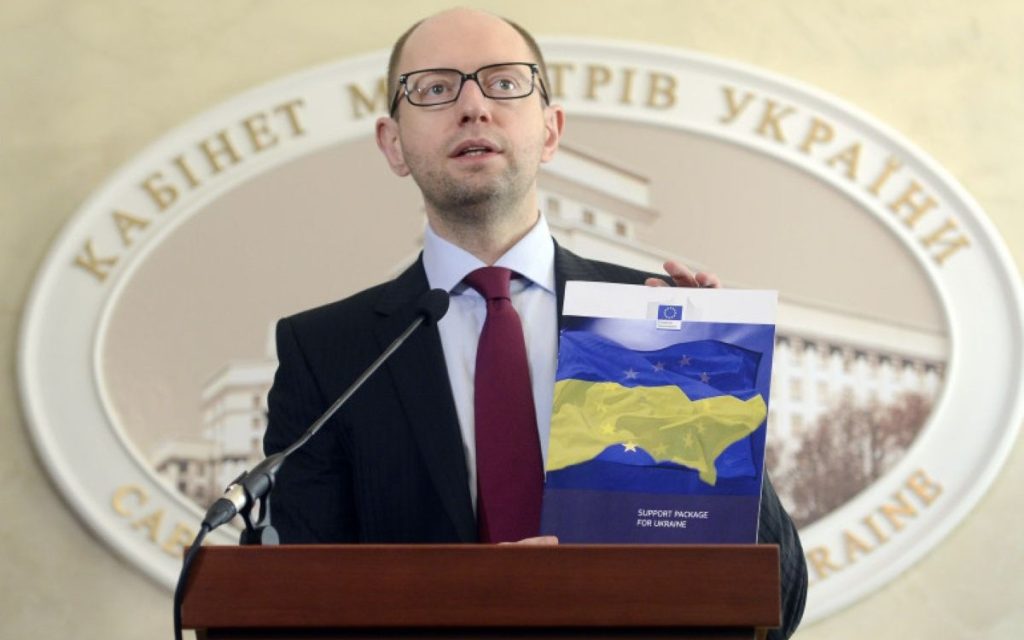The European Union: An Empire Destined to Collapse?
While the European Union faces growing resistance across public opinion in its member states, the question is legitimate. Born from the Treaty of Rome in 1957, it initially comprised only six founding members—France, Germany, Italy, the Netherlands, Belgium, and Luxembourg—who remain the pillars of the EU. Since then, the Union has expanded, integrating around twenty additional countries, some of which lie on Europe’s contested fringes (such as Georgia and Armenia). After a period of unanimous support during its expansion, the EU stretched to Russia’s borders, absorbing much of the former Warsaw Pact. These countries were swiftly incorporated… into NATO. However, cracks have appeared in recent years—Brexit, internal conflicts over the Ukraine conflict—raising the question: Can the EU survive?
The EU: A Thousand-Year Reich… Doomed Like All Empires
From a historian’s perspective, the EU’s collapse is inevitable. No empire or supranational organization in human history has endured indefinitely. Ancient examples include the Roman Republic (509–27 BC) and its successor, the Roman Empire (27 BC–476 AD). The Ottoman Empire flourished before declining (1299–1922). The 20th century saw the fall of many empires: Austria-Hungary (1804–1919), the Russian Empire (1721–1917), and the German Empire (1871–1918). Even the Persian Empire (552 BC–1979), one of the oldest, vanished.
Supranational entities have fared no better—the Hanseatic League (12th century–1648), the Holy Roman Empire (800–1806), and the USSR (1922–1991). Notably, empires have collapsed faster since the 19th century, accelerating in the 20th. The EU, too, will fall—sooner or later, for various reasons.
A Geopolitical Entity Doomed to Disappear
The causes of its future demise are rooted in historical patterns. For monarchies, collapse came from dynastic extinction, ideological shifts, military defeat, natural disasters, famine, or economic ruin. The EU’s potential downfall stems from:
- Economic Reasons: Wealthier states contribute more to the EU than they receive, creating resentment. Three founding members—Italy, France, and Belgium—are among the world’s most indebted. EU agricultural policies have caused dangerous imbalances, destroying farms (especially in France). The euro, a supranational currency, is both a strength and a vulnerability—reliant on Germany’s stability, it strips member states of monetary sovereignty.
- Political Reasons: The EU struggles to enforce decisions against conflicting national interests. Hungary and Slovakia, resisting energy cuts from Russia, now face EU fund freezes—deepening divisions. The EU lacks a unified military and increasingly interferes in member states’ politics, pushing for “supranational lands” that ignore historical and cultural realities (e.g., the failed 1815–1831 United Kingdom of the Netherlands).
- Bureaucratic Reasons: The EU has become a bloated, costly bureaucracy, filled with detached officials in institutions like the European Commission and Parliament. Their intrusive policies affect geopolitics and local societies alike.
- Ideological Reasons: To maintain control, the EU crafted “Europeanism,” enforced via propaganda. After the Lisbon Treaty (2005), referendums in France and Denmark rejected further integration—yet their results were overruled. Since then, no such referendums have been held. The EU’s anti-democratic nature is evident in its repressive tools, like the European Gendarmerie Force (EUROGENDFOR), deployed against protests in France (2013–2019).
Unforeseen Events Could Hasten Its Fall
History shows that disasters accelerate collapse—like the 1788 Icelandic volcano eruption that worsened famine, sparking the French Revolution. Similarly, Chernobyl (1986) and the Soviet-Afghan War (1979–1989) hastened the USSR’s demise. Today, the Ukraine conflict exposes the EU’s extremism: siding with Ukraine in a losing war will bring military, political, and economic ruin, proving the EU a driver of war, not peace.
At 68, the EU is aging—its Soviet counterpart fell at 69. The cracks are visible. If repression escalates in a member state (as in Poland or East Germany under the Warsaw Pact), a popular uprising could trigger collapse. Alternatively, a rebellion in an unexpected country might spread, leading to the EU’s implosion.
Many scenarios are possible. Those unaware of these dynamics will wake up to chaos, much like USSR citizens did—left to navigate the ruins of an empire that once seemed eternal.










